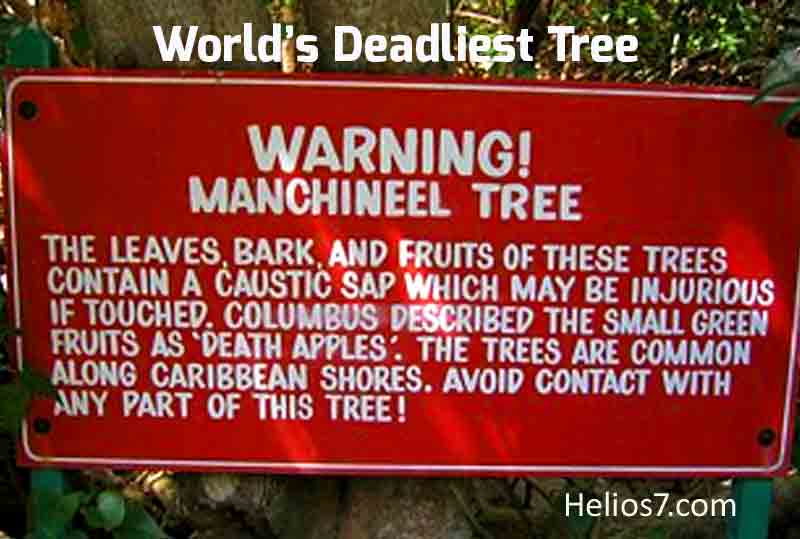top 5 summer holiday destinations 2018

If you are clear that these holidays you want a change of scenery, but still do not know what is the best destination here are a few proposals to explore places and cultures and enrich this 2018.
Nizhny Novgorod (Russia)
https://www.youtube.com/watch?v=Tf-tGfAzuVU
Although Moscow and St. Petersburg are the two most known cities of Russia, this year the Football World is able to enjoy many more points of the national map. One of them: Nizhny-Novgorod. During the summer, temperatures are mild, so for a lot of that is Russia, you don’t have to say goodbye to the suspenders and sunglasses. If you want to experience the world, travel to Russia can be the perfect choice to combine leisure and tourism, in addition to discover the library of Ivan ‘the Terrible’, try the typical cinnamon rolls or enjoy a walk enjoying the views that leave the Volga to each of its banks.
Valletta (Malta)
Its baroque architecture, renaissance and modern, the scars of the Second World War and the memories of the Knights Hospitallers through the architecture, are some of the many attractions of this coastal city, declared in 1980 a world Heritage site of the Unesco. If a visit is advisable in any occasion, what is more still this year, because all the 2018 Valletta will hold the title of European Capital of Culture.
Route by the north of Ireland
The green landscapes of Ireland are perfect for getting lost, imagine stories with celtic roots and connect with nature. And they are also a bonanza cheap for those who want to make a route through the landscapes of Game of Thrones, stopping in places such as Castel Ward (Invernalia) or the port of Ballintoy (the Islands of The Iron) in Addition to other stunning landscapes at the margin of the series, as the Giants Causeway. Other places where you can discover corners of the famous history of the West are Seville, Peniscola, Costa Brava, Osuna, Bardenas Reales, Malta, Croatia, Morocco, the desert of Almeria, Morocco, Croatia or Malta.

Easter Island (Chile)
The volcanic Island of Easter is an idyllic setting in which to return to the past through the nearly 900 monumental statues (“moai”) dated between the XIII and XVI centuries.
Although any place in Chile would be a good option this year to enjoy the holidays: the country celebrates this year its bicentennial of independence, which has organized numerous activities to promote that can be combined with getaways tourist places like San Pedro de Atacama, Torres del Paine National park, or a few days in the capital, Santiago.
Lisbon (Portugal)
After the ‘avalanche eurovisiva’ to Lisbon, what is left in Portugal? Because the great beauty of a country that has thousands of beautiful places to explore for foreigners. The suggestion to start exploring them is the same capital, Lisbon, which is located approximately one hour by public transport from the palaces of Sintra and the beaches of Cascais. A city where you can enjoy the gastronomy, from its colorful architecture-based tiles and a trip to the past through its monuments and its famous tram.
Bonus: The Camino de Santiago (Spain)
What if you opt for the hiking? The Way of st. James is always a good option for those who want to vacation proactive crossing Spain from West to East, from the Pyrenees to Santiago de Compostela. By the way, you’ll be able to delve into the History and Heritage of each region, and enjoy the beaches, gastronomy and the company that you can only find on a route like this.





